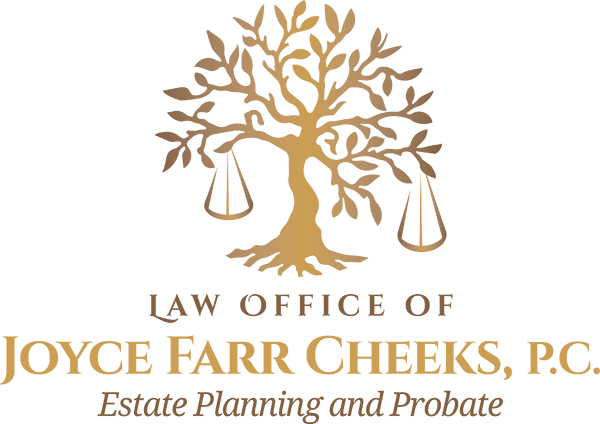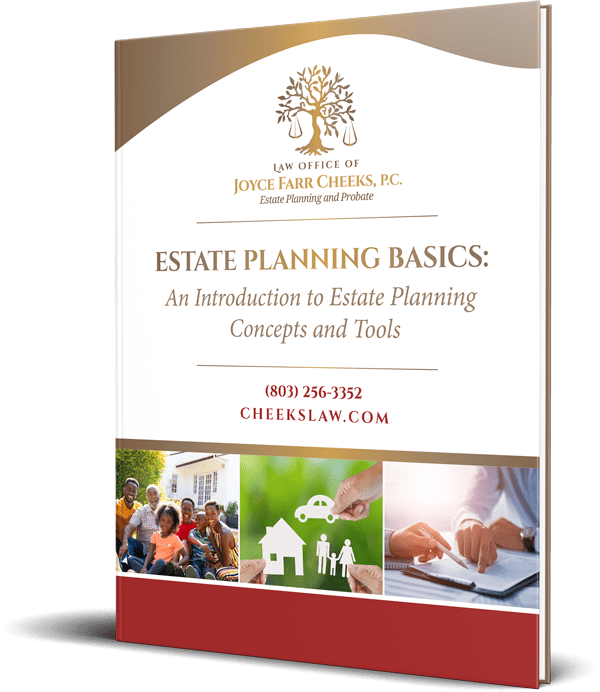Losing a loved one is difficult enough without the added stress of having to probate your loved one’s estate. Perhaps you are wondering what is involved in probating an estate? Although every estate is unique, here is a partial list of the duties required in a “typical” probate proceeding:
- Locate and file the decedent’s will (if he or she had one) with the local court
- File necessary probate documents with the court
- Ascertain and then notify all known creditors of the estate
- Secure the decedent’s residence and tangible personal property
- Locate, inventory, close and transfer personal assets and accounts
- Appraise and determine the value of all assets
- Make payments to creditors, discharge the decedent’s obligations and obtain creditor releases
- Process and obtain life insurance death benefits, if any
- File tax returns (federal and state) and make appropriate tax elections
- Pay estate taxes and final personal income taxes, if any
- Obtain tax releases and closing letters from the IRS, local courts and state taxing authorities
- Make specific bequests, together with partial and final distributions, to beneficiaries.
- Provide detailed accounting to beneficiaries and the local court
As you can well imagine, accomplishing all of this takes a great deal of time. When you factor in the grief that comes with losing a loved one, the situation can seem overwhelming.
You do not have to go through probate alone. We can guide you through the process and settle the estate as quickly and economically as possible, so you can focus on what is most important—coming to terms with your loss. Contact us at your earliest convenience for a personal meeting to discuss your particular situation.

FREE Report

If you are faced with the prospect of probating a loved one’s estate, chances are you have plenty of questions. This free report has the answers. Download for FREE by clicking the button below.


